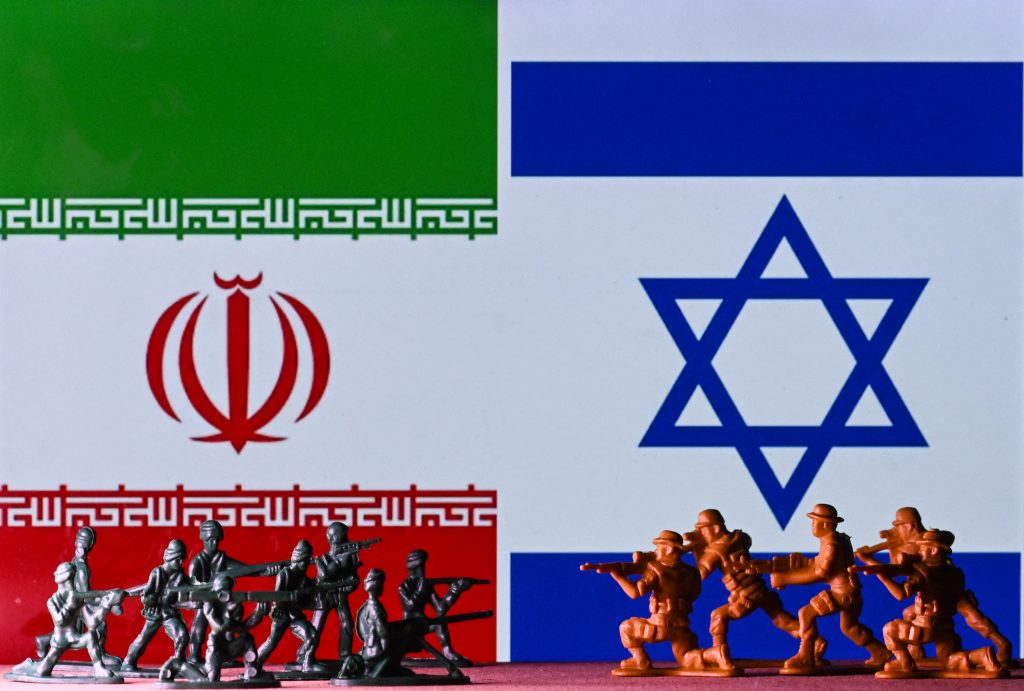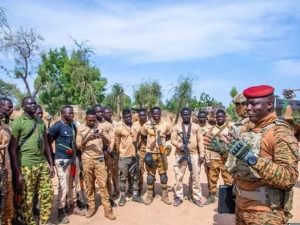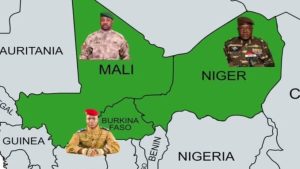Africa: Double standards for NGOs, silence in the Middle east, sanctions in Africa

Non-governmental organizations (NGOs) are widely seen as crucial defenders of human rights. Yet their uneven response to global crises raises serious concerns. While they vehemently condemn abuses in Africa, their reactions to violence in the Middle East particularly in the Iran-Israel conflict appear muted. Why this inconsistency?
International NGOs frequently publish damning reports and call for sanctions against African nations like Mali, Burkina Faso, and the DRC over human rights violations.
Yet atrocities in the Middle East, such as Israeli strikes in Gaza or Iranian interventions in Syria including the recent Iran-Israel escalation—rarely trigger the same level of outrage.
Several factors explain this disparity. First, geopolitics: the Middle East is a geopolitical minefield where major powers like the U.S. have strategic interests.
Many NGOs rely on funding from these same powers, making them hesitant to criticize.
In Africa, where geopolitical rivalries are less pronounced, condemnation comes easier.
Media coverage also shapes NGO responses. Middle Eastern conflicts are often complex and polarizing, discouraging clear stances.
Preconceptions also play a role violence in Africa is often dismissed as “chronic,” while Middle Eastern conflicts are deemed too politically sensitive.
This double standard undermines NGOs’ credibility. African nations accuse them of selective justice, while Middle Eastern populations feel abandoned.
If NGOs want to retain legitimacy, they must apply the same principles universally, without bias toward powerful interests.
Human rights organizations cannot afford to pick their battles based on geopolitical calculations.
Their mandate is to uphold universal rights without exception. It’s time for NGOs to re-examine their priorities and address every crisis with equal rigor, lest they be seen as mere political tools.
Maurice K.ZONGO






